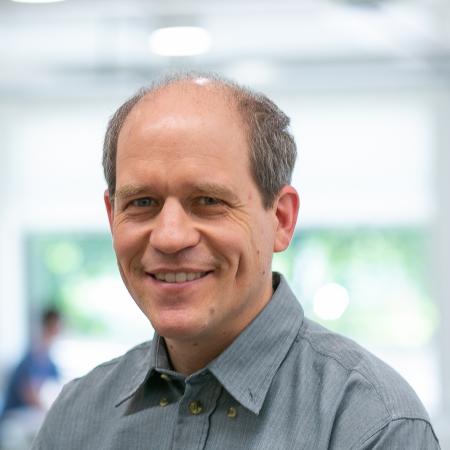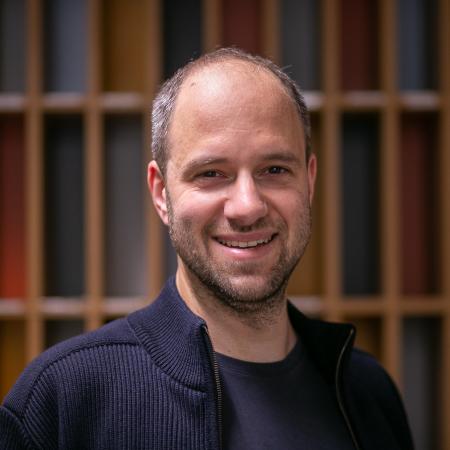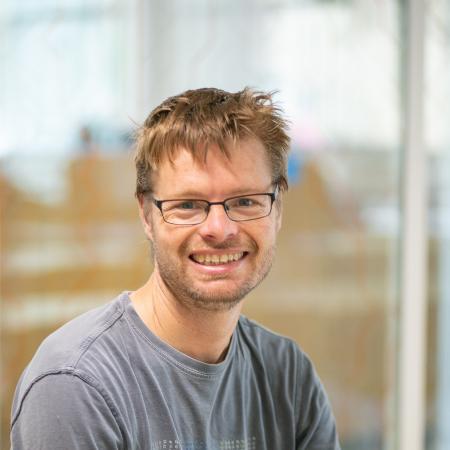Breadcrumb
Professor of Statistical Machine Learning
Biographical Sketch
Prior to joining Oxford, I was a Lecturer then Reader of Computational Statistics and Machine Learning at the Gatsby Neuroscience Unit, UCL from 2007 to 2012. I obtained my PhD in Computer Science at the University of Toronto in 2003. This was followed by two years as a postdoctoral fellow at University of California, Berkeley, then as Lee Kuan Yew Postdoctoral Fellow at the National University of Singapore.
Research Interests
My research interests lie in the general areas of machine learning, Bayesian statistics and computational statistics. Although my group works on a variety of topics ranging from theoretical, through to methodological and applications, I am personally particularly interested in three (overlapping) themes: Bayesian nonparametrics and probabilistic learning, large scale machine learning, and deep learning.
These themes are motivated by the phenomenal growth in the quantity, diversity and heterogeneity of data now available. The analysis of such data is crucial to opening doors to new scientific frontiers and future economic growth. In the longer term, the development of general methods that can deal with such data are important testing grounds for artificial general intelligence systems.
Publications









